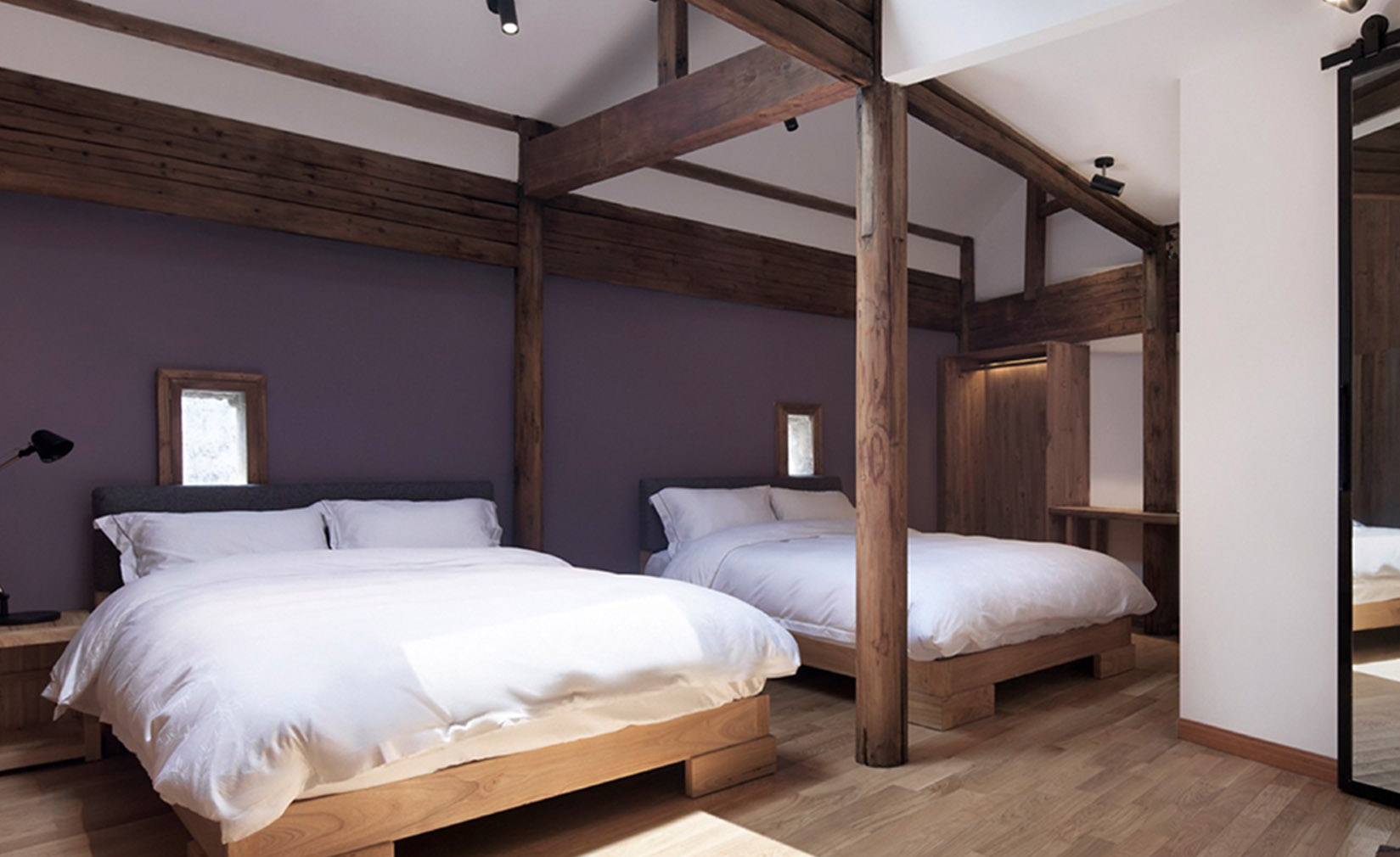A new generation of hotels is emerging across China that puts a fresh spin on the country’s hospitality traditions, from gleaming towers in urban centres to ruins revived as contemporary rural retreats. This cache of hotels is pitched at foreign tourists and China’s burgeoning middle-class alike, with architects using these testbeds to create design destinations.
We’ve scoured the country for the most innovative inns and ambitious adaptive reuse projects, reborn as the best China design hotels.
Alila Yangshuo Hotel in Guilin, Guangxi province
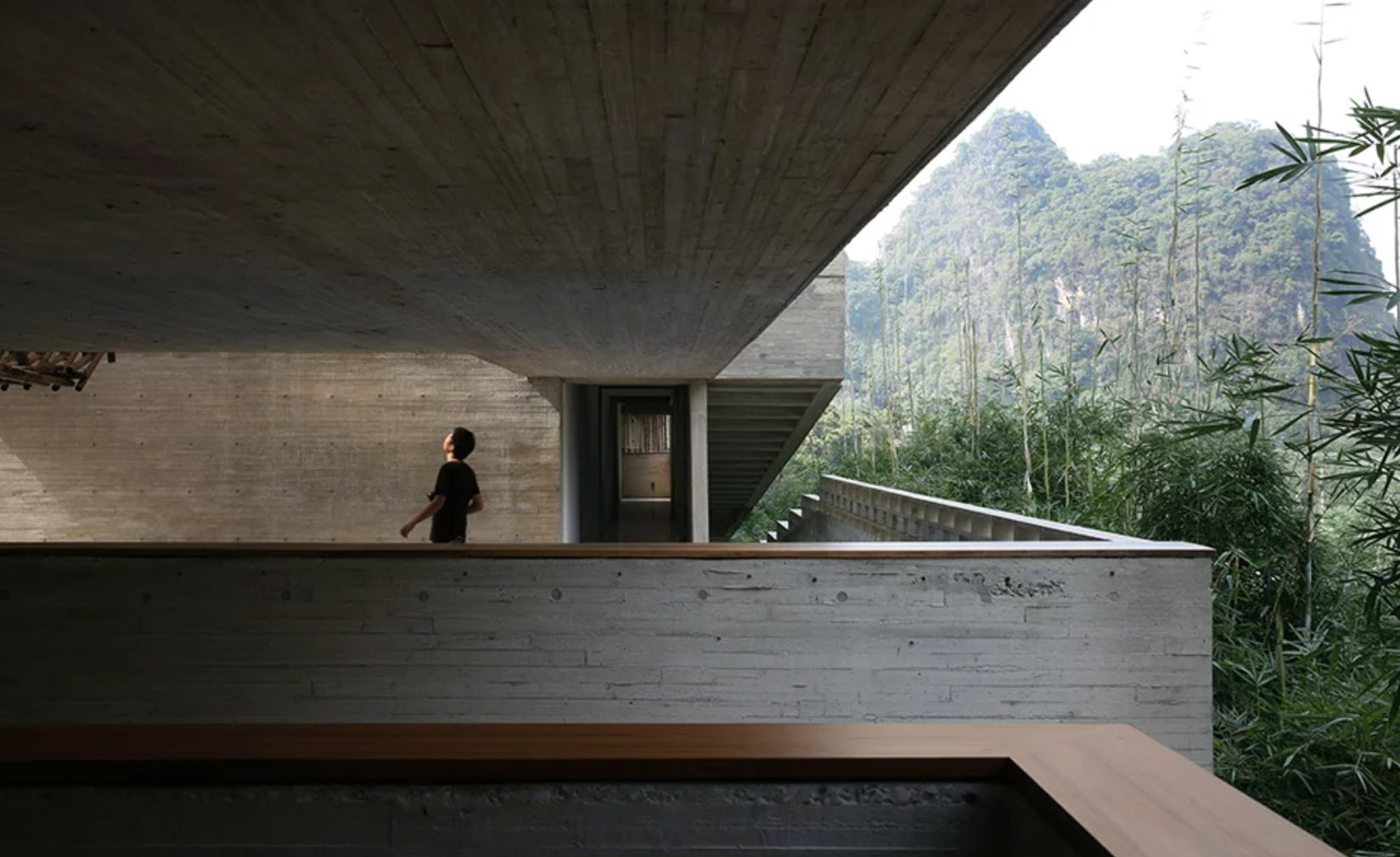
Alila Yangshuo Hotel is a converted 1960s sugar mill surrounded by mountainous landscapes in southern China’s Guangxi region. The industrial building was transformed into a modern resort by Beijing-based Vector Architects. The practice has taken the shells of the former mill buildings and old sugar cane truss and reimagined the complex using perforated concrete and latticed wood. The boutique hotel is a striking blend of old and new, centred around a reflecting pond and elevated swimming pool.
102 Dongling Road, Guilin, Guangxi, China
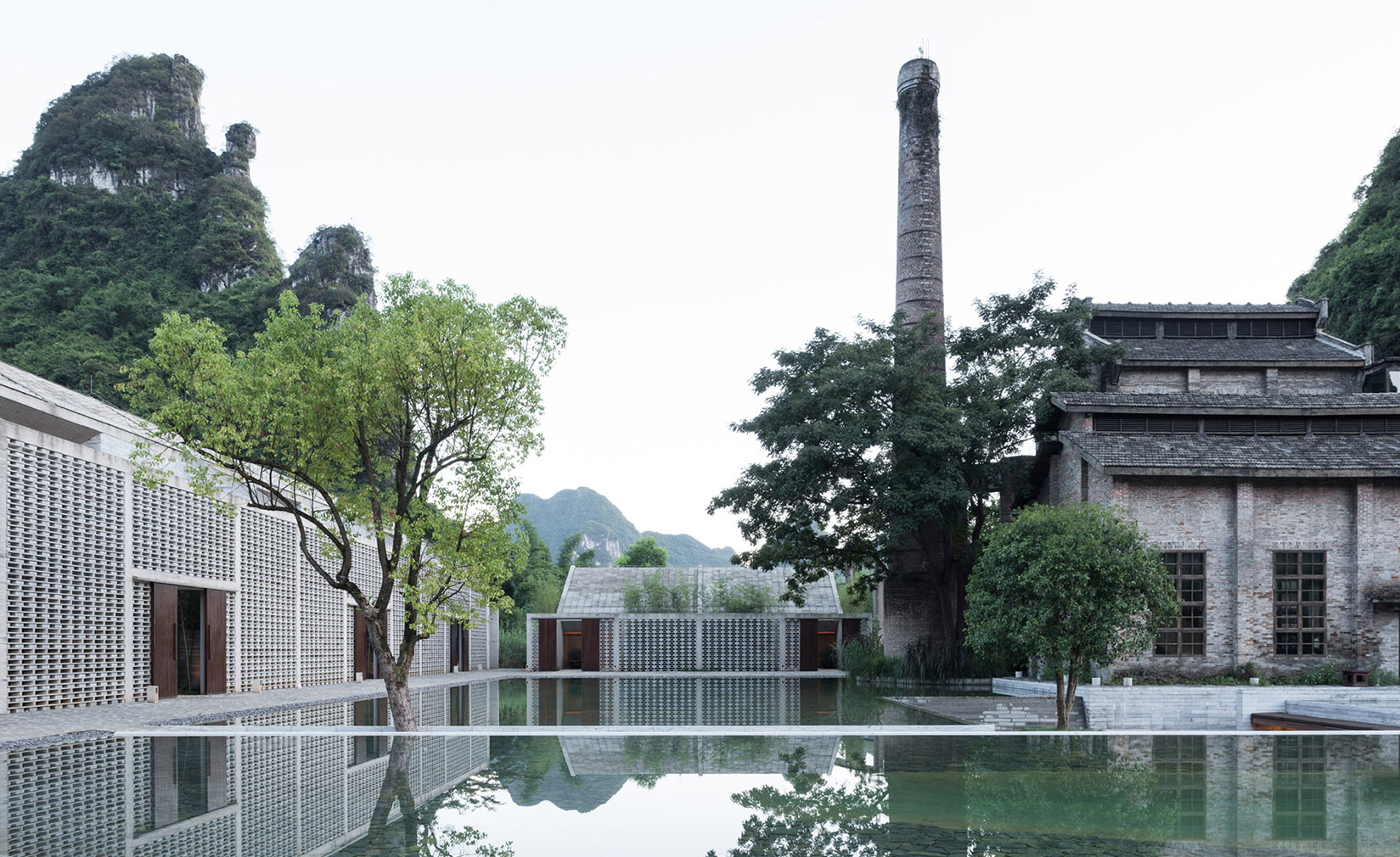
Lost Villa in Zhongwei, Ningxia province
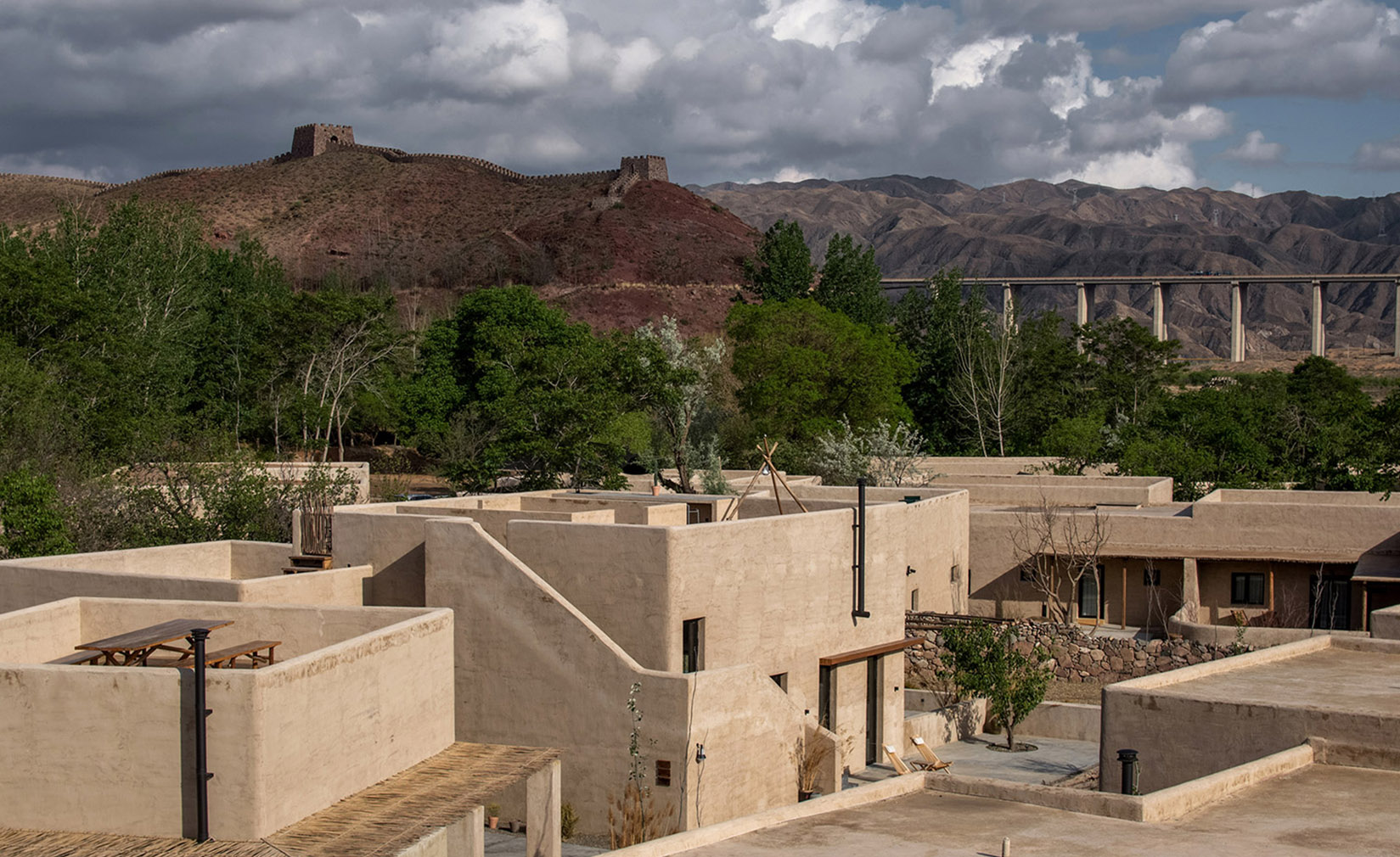
Zhongwei’s Lost Villa is a cluster of 15 concrete rooms connected by winding paths on the banks of the Huanghe River. Shanghai practice DAS Lab designed the earth-coloured buildings to blend into the desert terrain while rooftop terraces provide views of the mountains and forests beyond. These neutral tones extend to minimalist interiors fitted with timber floors, concrete walls and simple furniture.
Shangyou Village, Changle, Shapotou District, Zhongwei, Ningxia, China
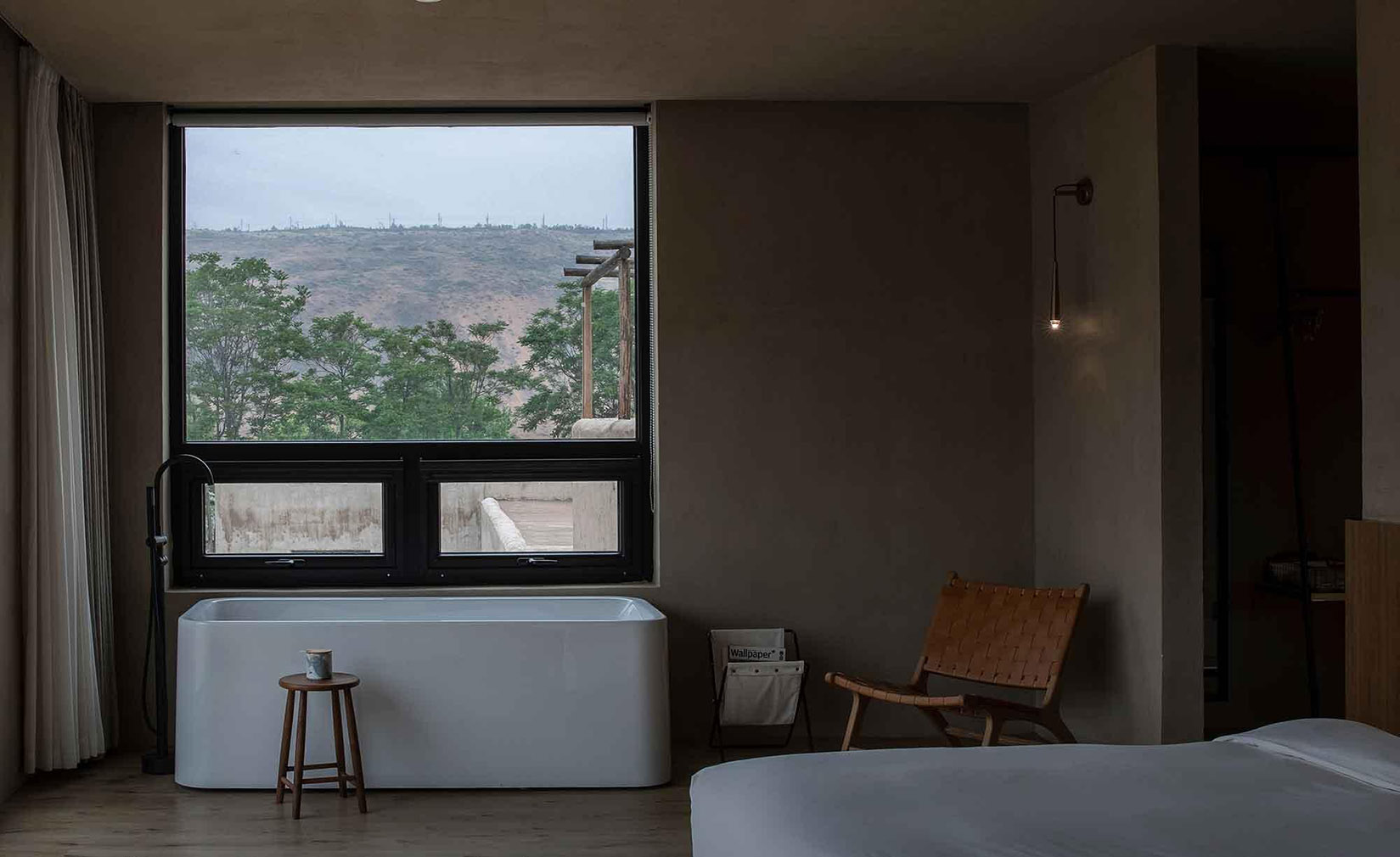
Annso Hill Hotel in Tengchong, Yunnan province
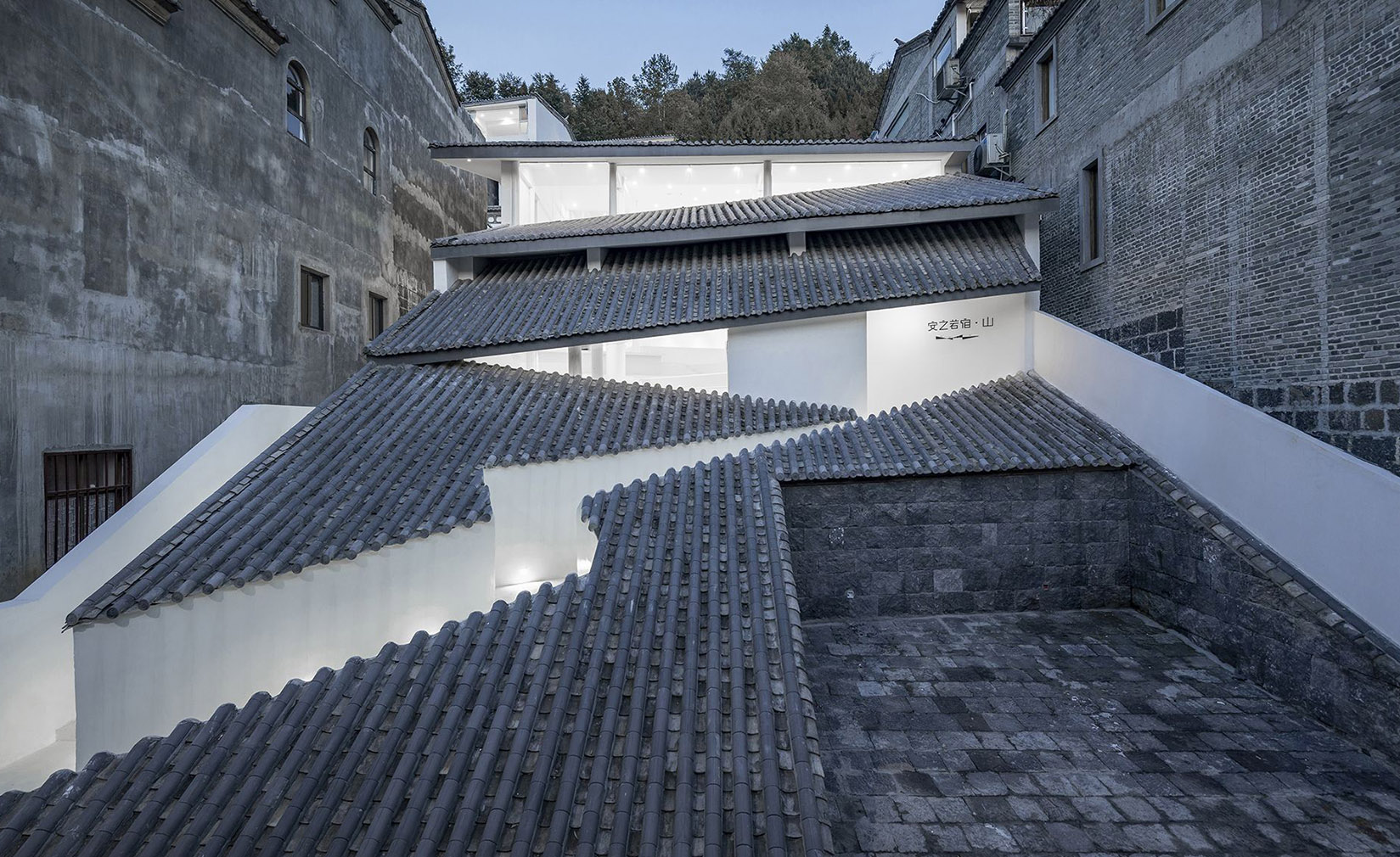
Western China’s angular Annso Hill Hotel by Hangzhou practice Studio Qi is a labyrinth of white lines that unfurl into Tengchong’s ancient forest. Each of the 13 rooms has leafy views of nature through floor-to-ceiling glass windows that contrast all-white interiors, including furniture which has been designed to blend into the walls. The hotel has a geometric, tiered restaurant, yoga room and gallery space.
102 Dongling Road, Guilin, Yunnan, China
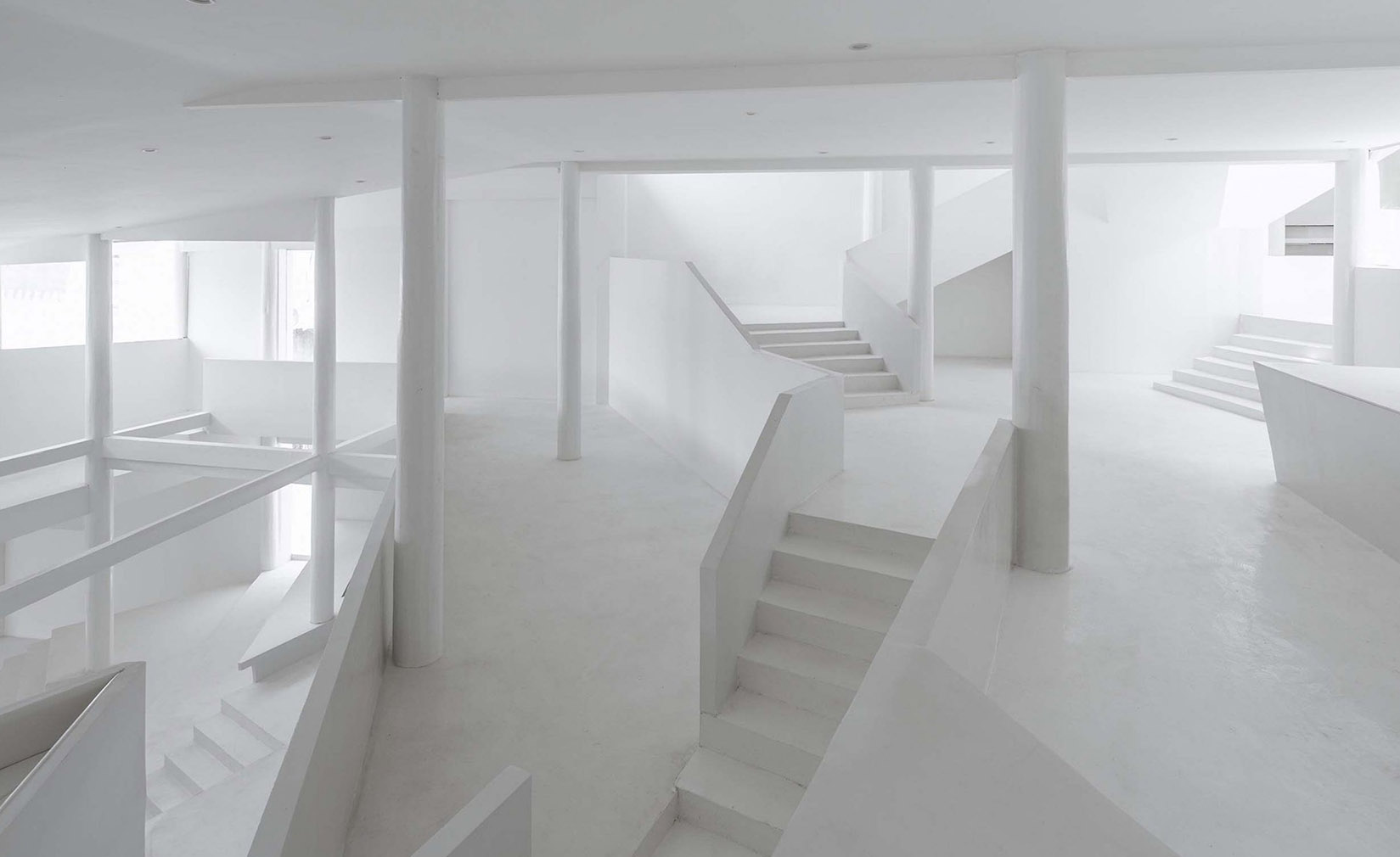
Hotel Far & Near Nanhao St in Guangzhou, Guangdong province
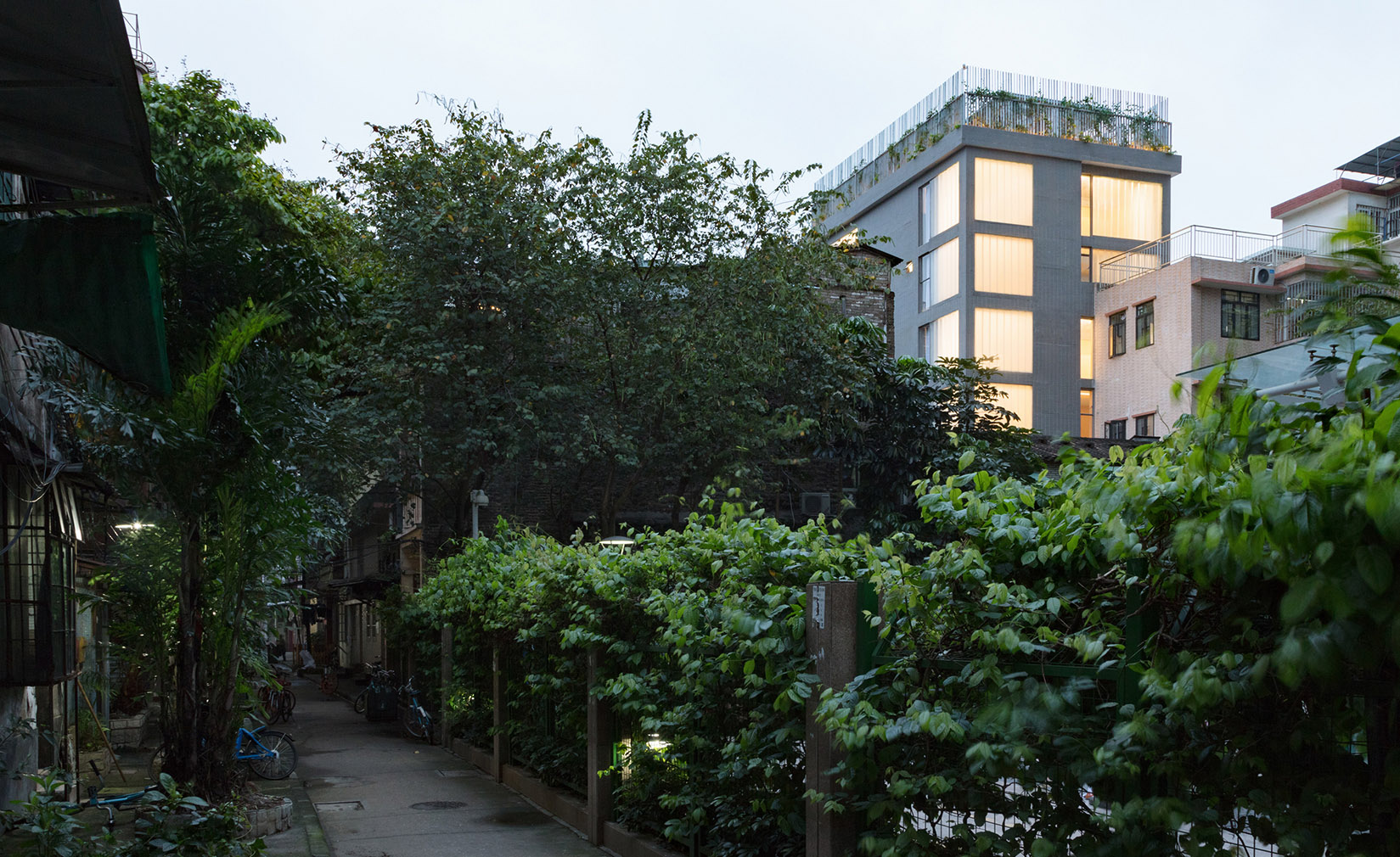
Hotel Far & Near Nanhao St in the centre of Guangzhou was designed by Shanghai practice Kooo Architects. Lofty ceilings and stripped-back concrete walls give the industrial building a sense of scale in the crowded city centre. Frosted windows provide privacy and while drawing natural light into the minimalist interiors of its bedrooms, and the China hotel has a rooftop terrace and garden with views over the city below.
Nanhaojie #36, Guangzhou, Guangdong, China
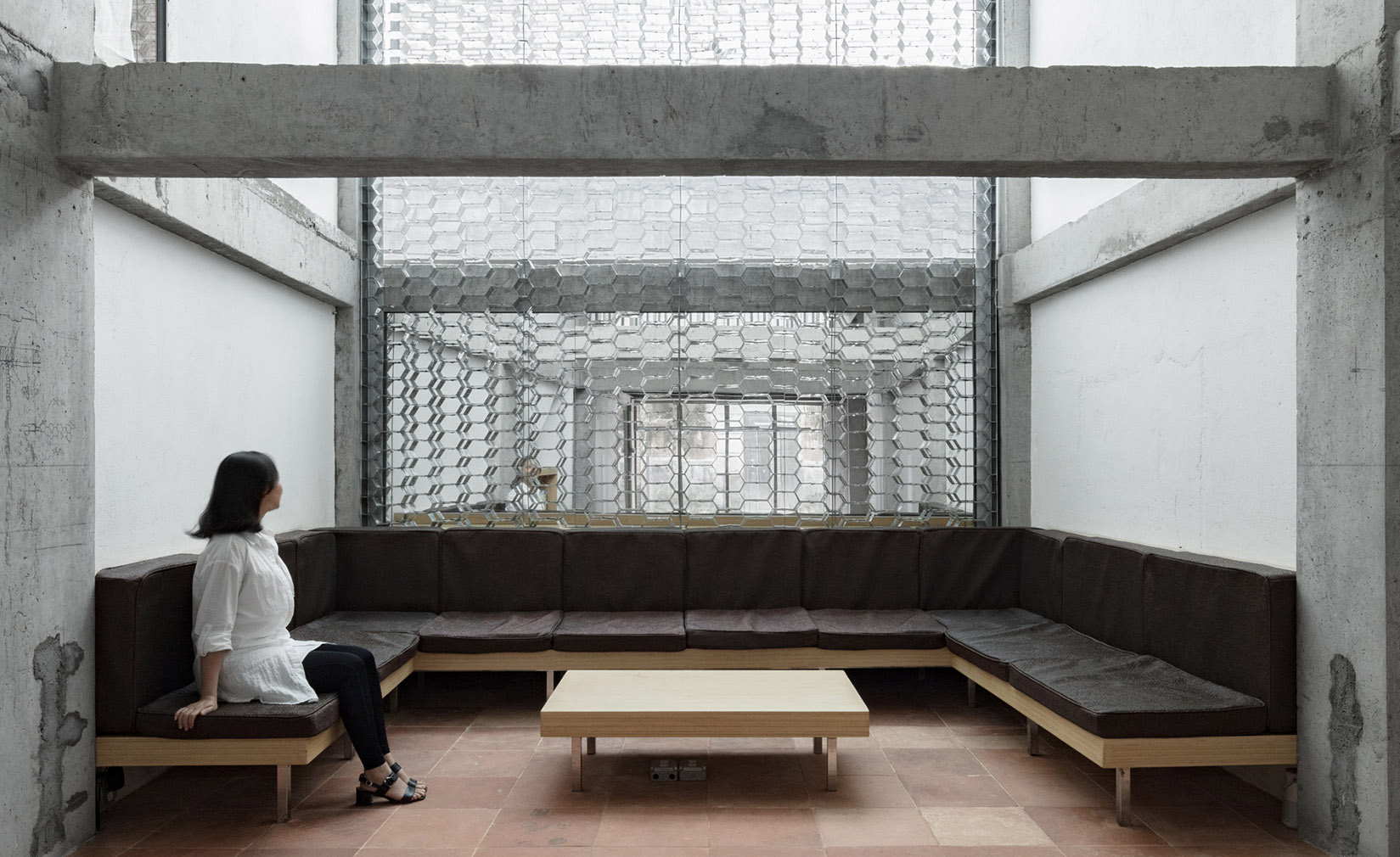
The Walled Tsingpu Yangzhou Retreat in Jiangsu province
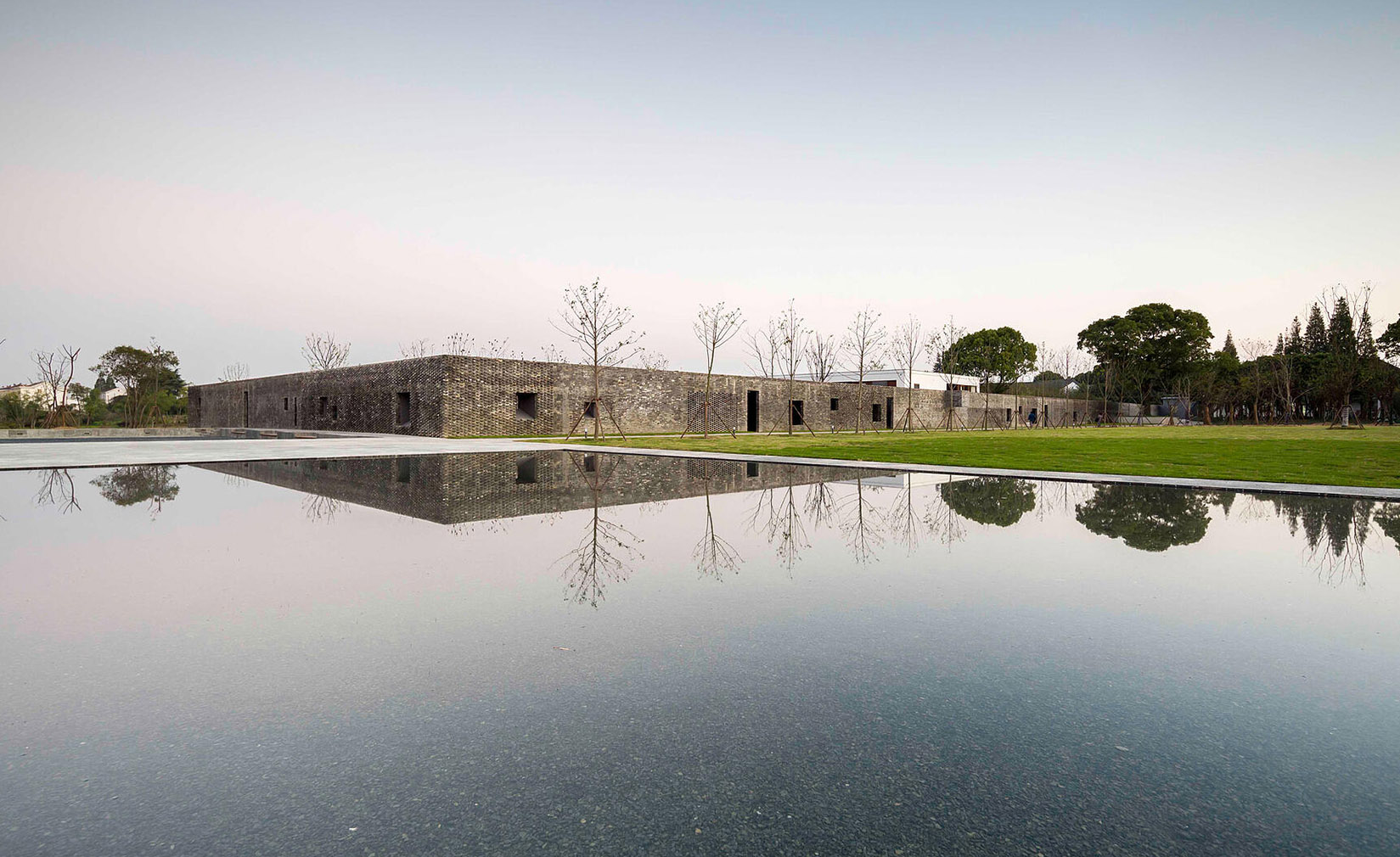
Neri & Hu designed this 20-room boutique hotel by Yangzhou’s scenic Slender West Lake. The firm took cues from the local architectural vernacular to give new life to existing buildings on the site, connecting them via a gridded maze of paths and walls constructed from reclaimed grey brick. Accommodations have courtyard enclosures and are surrounded by lakes and landscaped gardens that contrast the industrial character of the hotel.
1 Baocheng Road, Hanjiang District, Yangzhou, Jiangsu, China
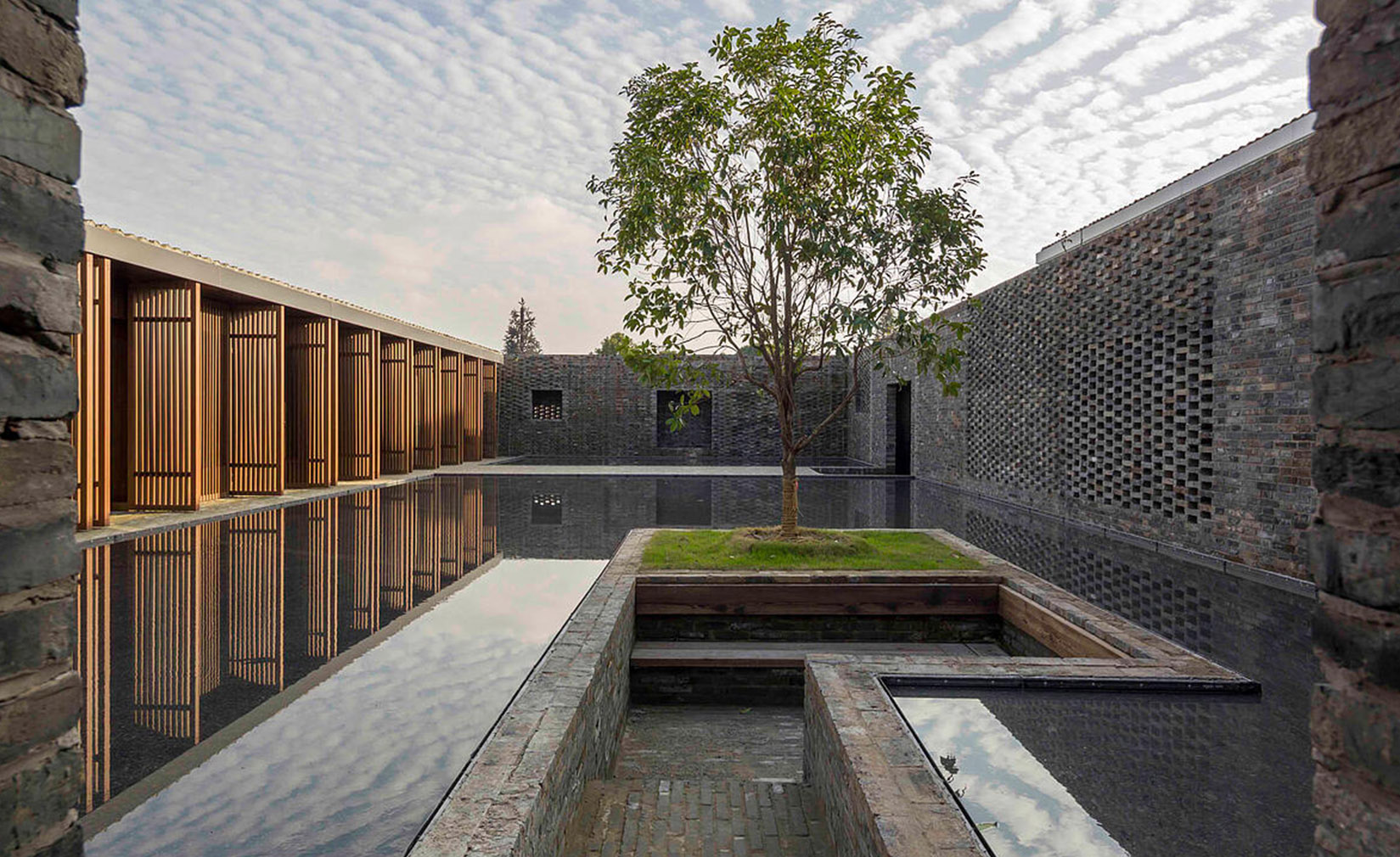
Bieyuan Boutique Hotel in Xinyang, Henan province
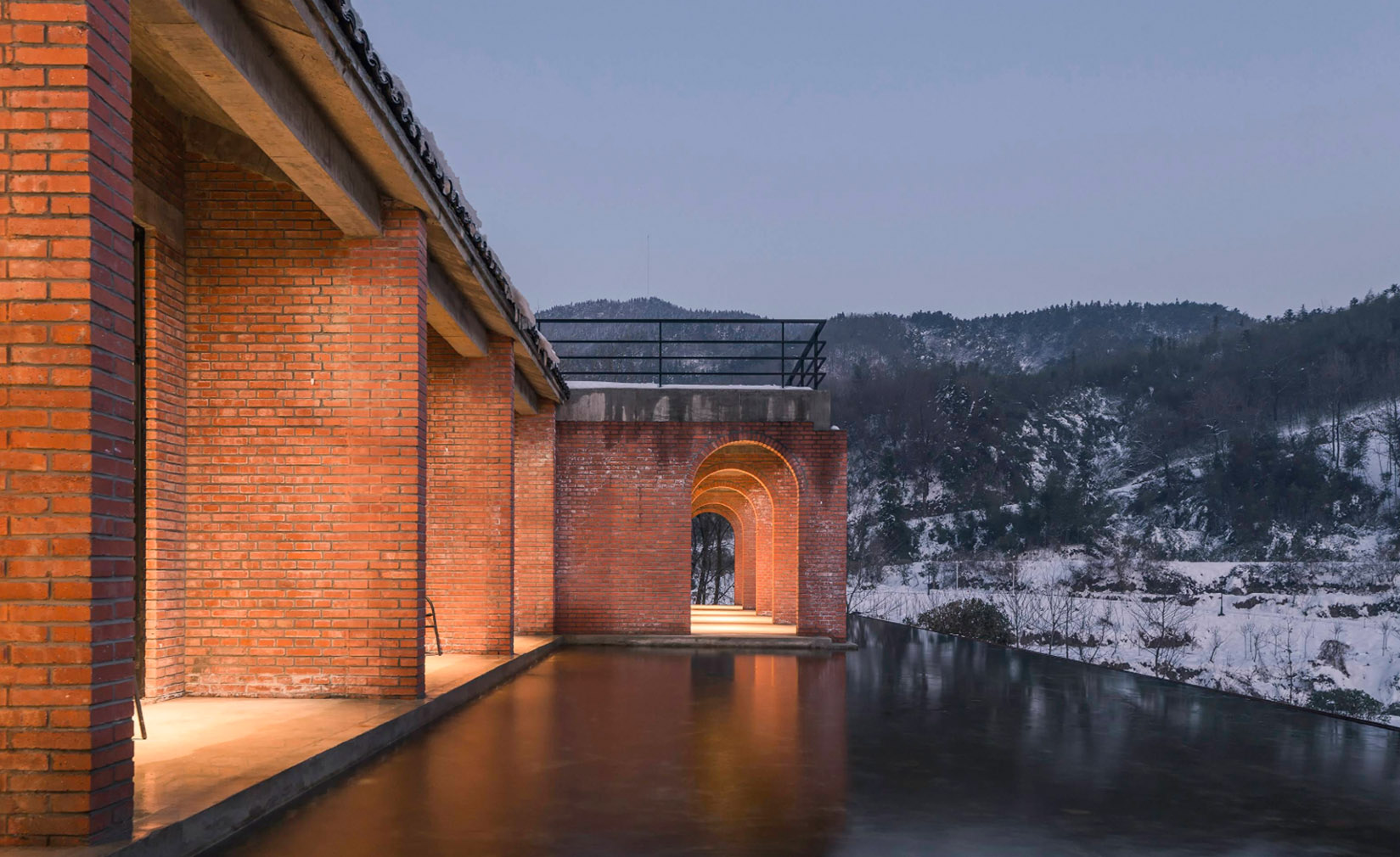
This traditional Chinese feng shui hotel by 3andwichdesign and He Wei Studio has water flowing through it from a nearby river while its architecture plays on the relationship between houses, yards and paths. The idyllic countryside stay in China’s Xin County is set within the hinterlands of the Dabie Mountains and is surrounded by forest. Multi-purpose halls have been created inside the red-brick structure for group gatherings and meditation spaces for self-cultivation. Guests can go tea picking or mountain climbing, or relax by the fire.
Xin County, Dabie Mountain Camping Park, Xinyang City, Henan, China
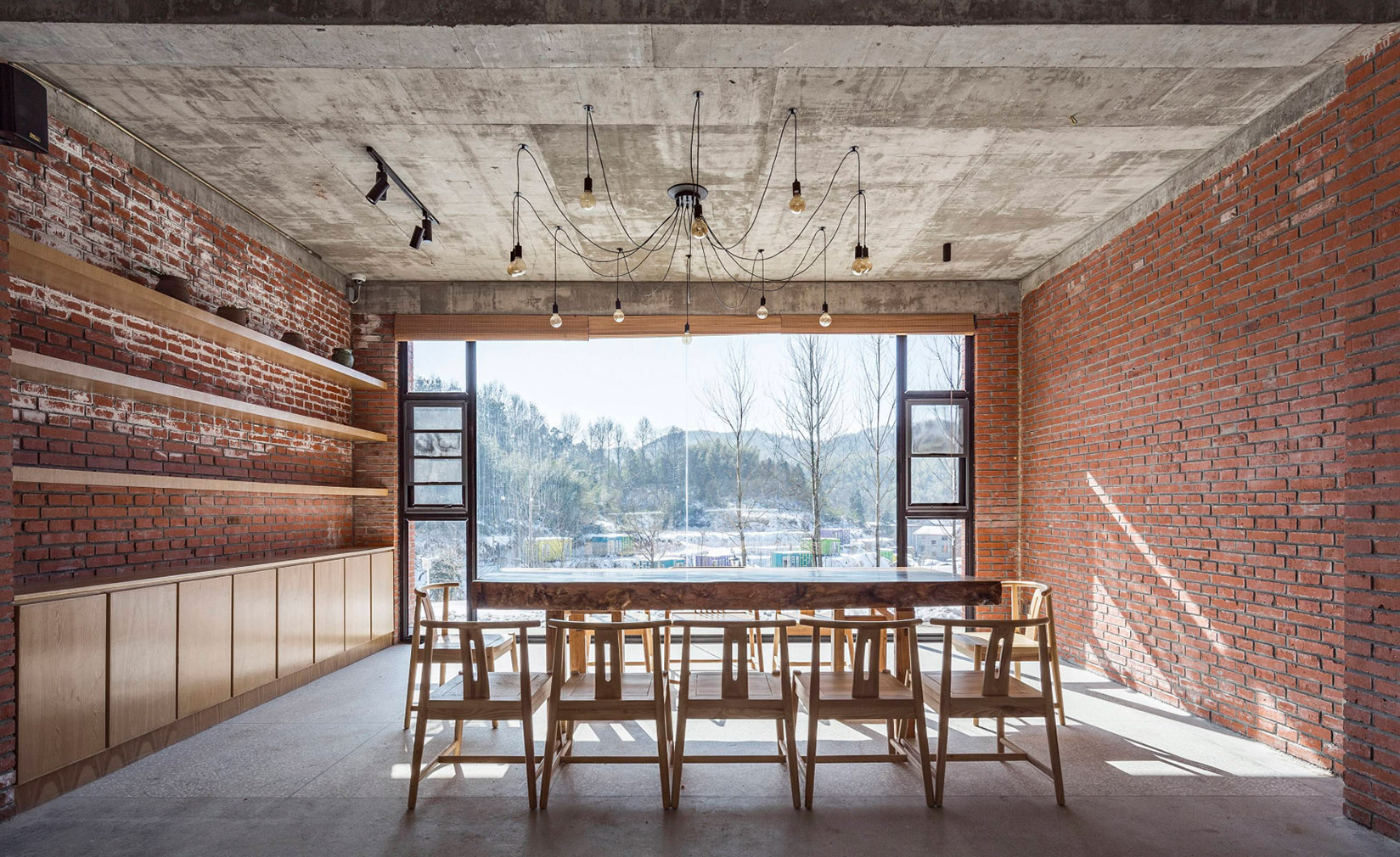
Rose Garden Boutique Hotel in Huzhou, Zhejiang province
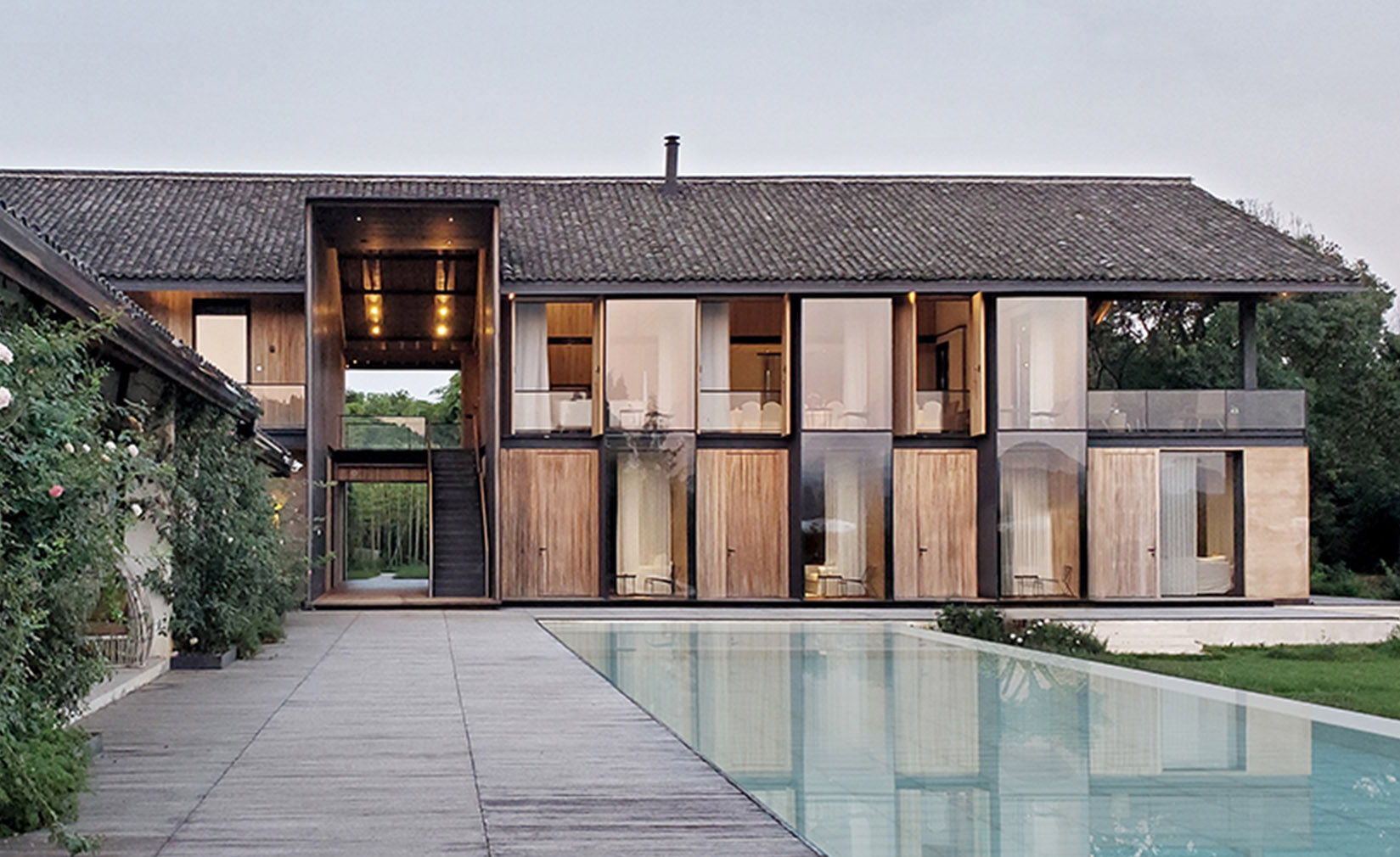
The Rose Garden Boutique Hotel in China’s Huzhou City occupies the site of an old farmhouse. Practice JSPA Design has combined local traditional techniques and materials with modern additions to transform it into a boutique hotel. A boxy steel and glass facade opens onto a pool, and the hotel has a terrace on the second floor which overlooks the gardens which give the retreat its name.
Daixi Village, Wuxing District, Huzhou, Zhejiang, China
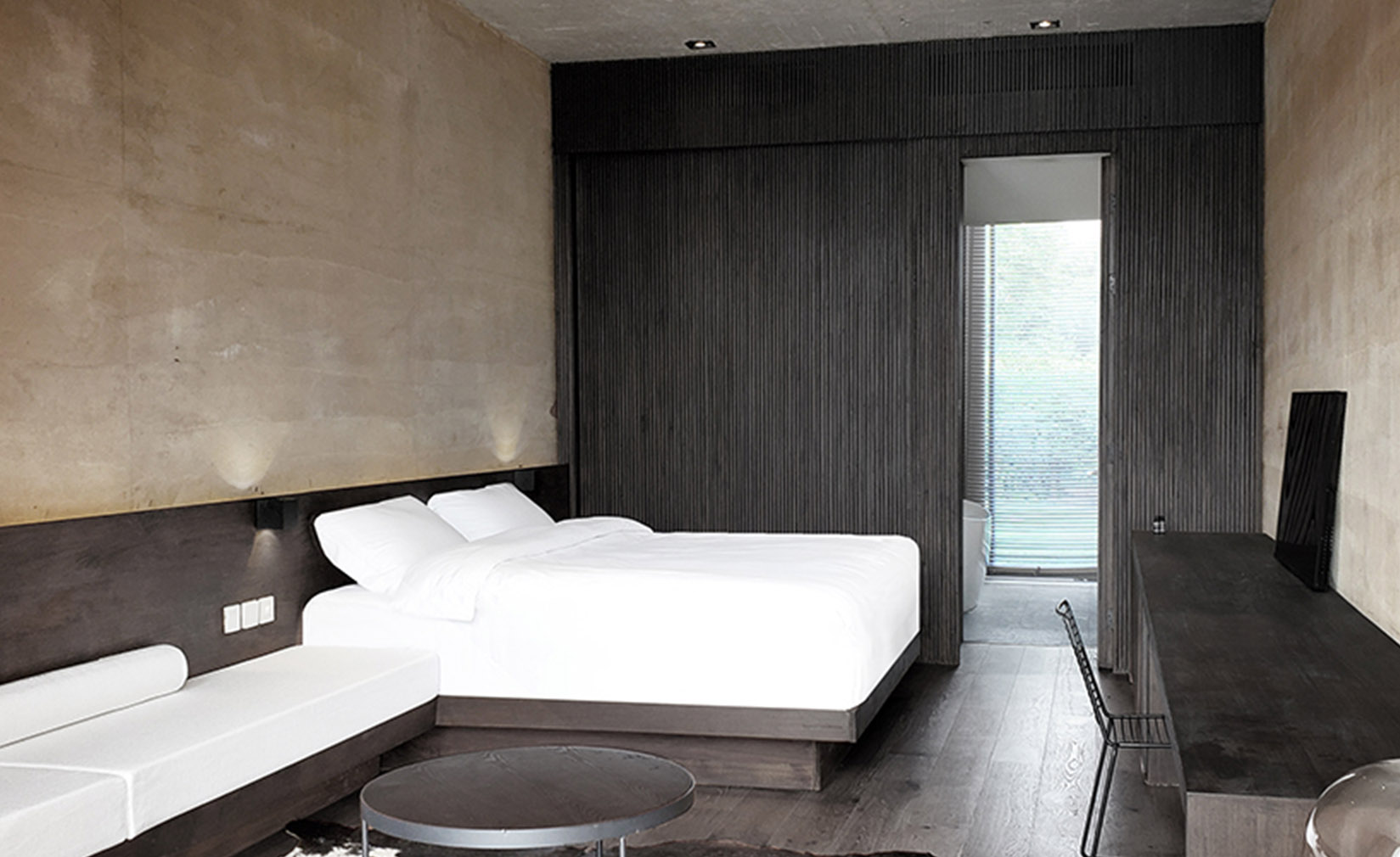
Wuyuan Skywells Hotel in Wuyuan, Jiangxi province
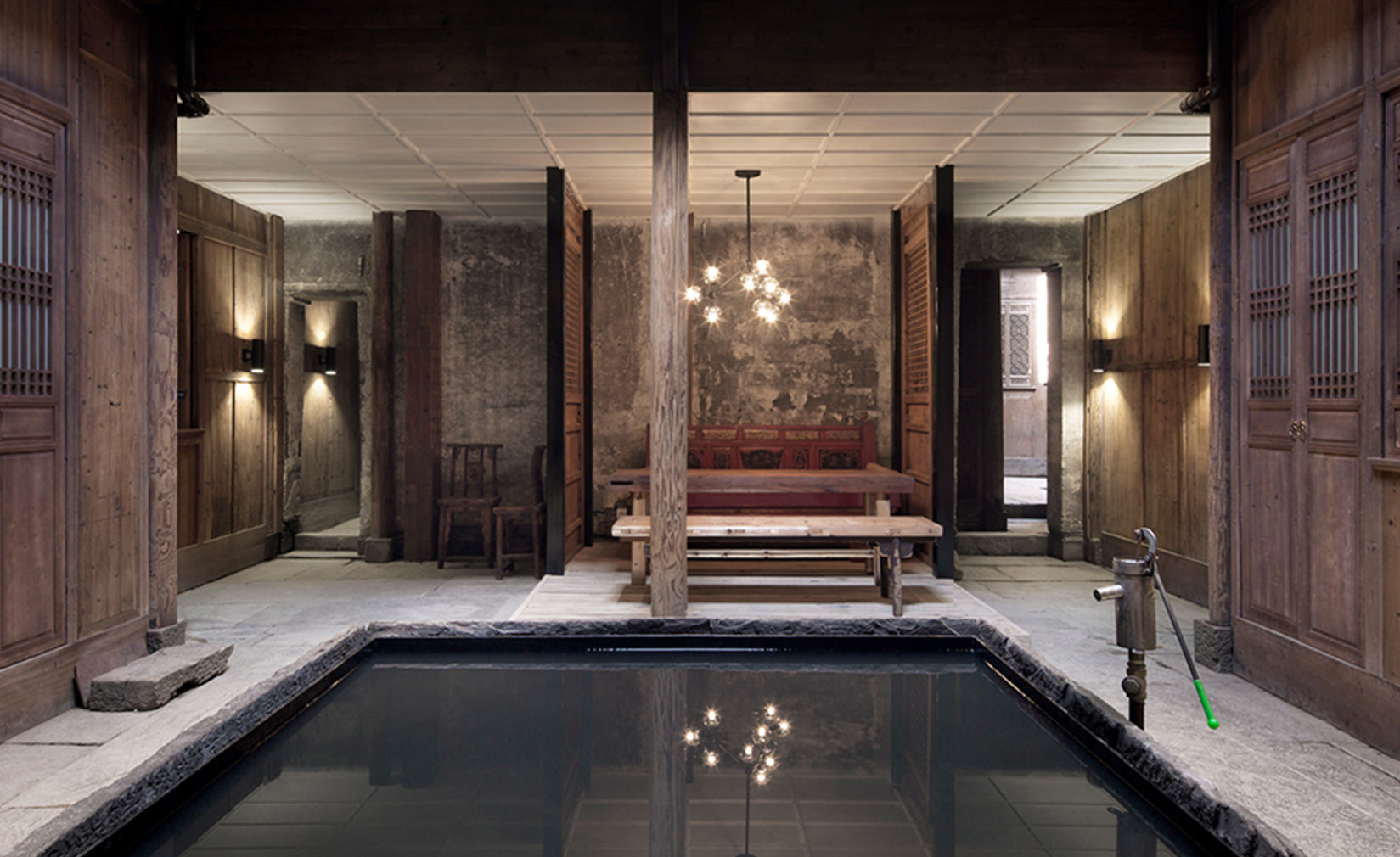
A 300-year-old ruin was given new life as the Wuyuan Skywells Hotel in China’s Jiangxi province. Anyscale Architecture Design restored the former inn, preserving many of its original details. Hand-carved friezes and clay walls are restored, and guests can catch a glimpse of the rural hotel’s past in the form of faded characters spelling out quotes from Chairman Mao. The adaptive reuse project has new additions such as the glass-framed dining space, and its 14 rooms feature exposed beams, white walls and wooden furnishing.
No.108 Sixiyan Village, Wuyuan, Jiangxi, China
